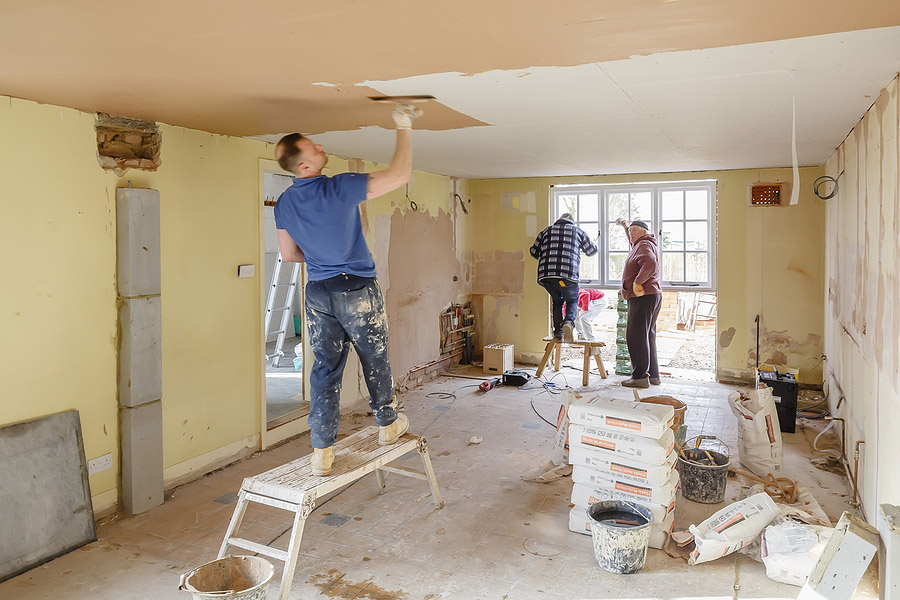
Home renovations can transform a property but also come with potential risks. If not handled properly, these projects can lead to unnecessary expenses, delays, and subpar results. Here are the most common pitfalls to avoid when remodeling your home—and how hiring the right general contractor can help you steer clear of them.
Skipping Proper Planning
Jumping into a renovation without a detailed plan is one of the most common mistakes. Rushing the design phase or overlooking key details can result in unexpected changes down the line. This not only increases costs but also prolongs the timeline. Planning out every element—from materials and labor to permits—ensures your project runs smoothly and stays on budget. They play a crucial role here by coordinating all aspects of the project, ensuring nothing is overlooked. They can anticipate challenges and create a realistic timeline, which saves you headaches and ensures the project stays on course.
Hiring Unqualified or Inexperienced Workers
Many homeowners try to cut corners by hiring unlicensed or inexperienced workers, only to face serious consequences later. Poor workmanship can lead to structural issues, safety hazards, or code violations, requiring costly repairs.
Working with a licensed general contractor ensures you’re hiring a team with the necessary qualifications and experience. These professionals are familiar with local regulations and building codes, so they’ll ensure the work is compliant. They also bring trusted subcontractors on board, so you won’t need to vet individual specialists.
Underestimating Costs
It’s easy to get excited about the design process and forget costs beyond the surface-level materials. Unforeseen expenses—like structural fixes or additional permits—can quickly derail a project if you don’t budget properly. Many homeowners also underestimate the cost of quality materials, opting for cheaper alternatives that might need replacement sooner.
A general contractor helps prevent financial surprises by providing detailed, transparent cost estimates upfront. They also suggest cost-effective solutions without compromising quality, helping you stick to your budget and avoid overspending in the long run.
Taking on Too Much DIY Work
While tackling parts of the renovation yourself can seem like a good way to save money, it can backfire if the work is more complex than expected. Some jobs—like electrical or plumbing—require specialized knowledge, and mistakes in these areas can lead to safety hazards and expensive repairs.
Relying on a contractor ensures the work is done correctly the first time. They know which tasks are better left to professionals and can delegate specialized work to licensed subcontractors. This keeps the project safe, efficient, and compliant with building codes.
Failing to Communicate Clearly
Poor communication between homeowners and contractors is a leading cause of renovation delays and dissatisfaction. Small misunderstandings can snowball into significant problems without regular updates or clear expectations.
Establishing open lines of communication with your contractor from the start helps keep things on track. A good contractor will provide regular progress reports, promptly address any concerns, and ensure you’re always in the loop.
Renovating your home doesn’t have to be stressful, but avoiding these common pitfalls is essential for a smooth experience. Careful planning, proper budgeting, and hiring the right general contractor will make a significant difference. With expert guidance, you can complete your renovation on time, within budget, and with results you’ll enjoy for years.